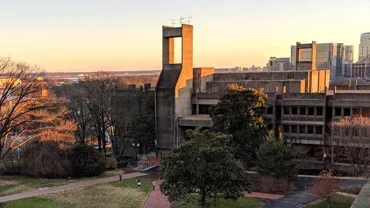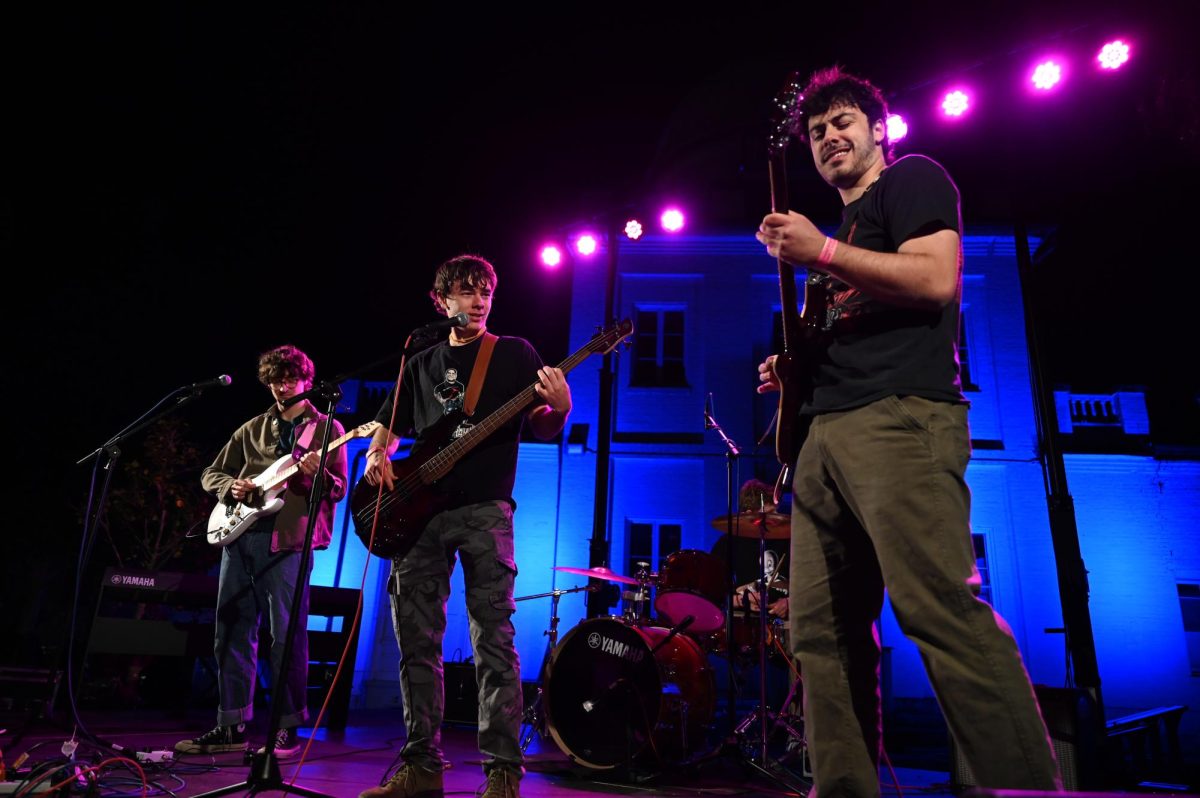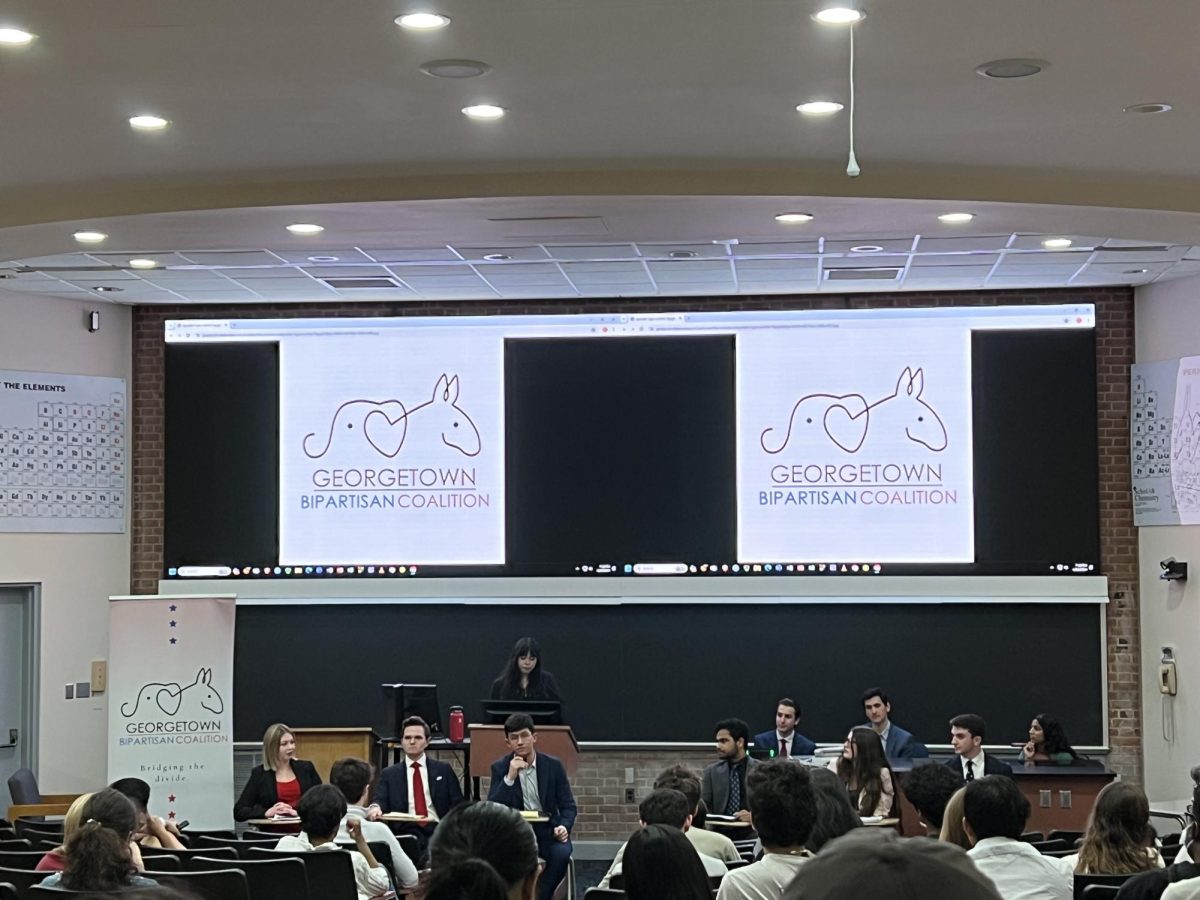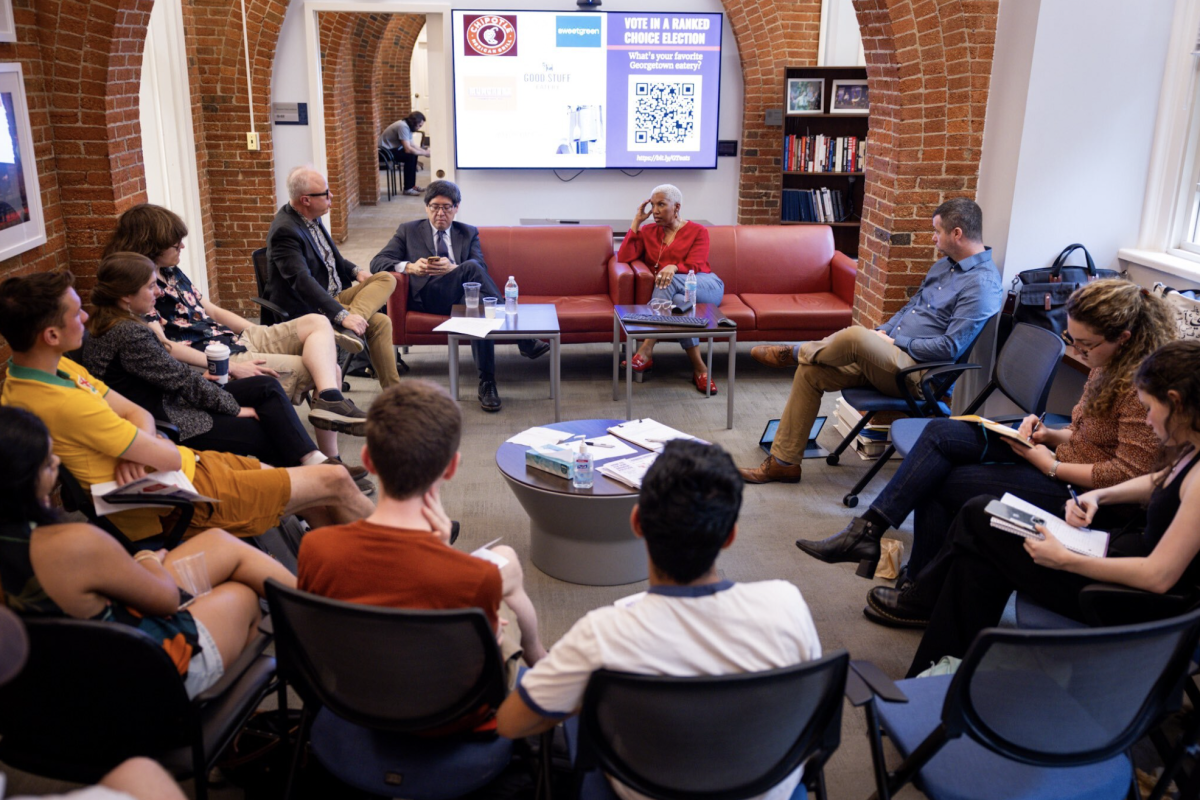On Monday Georgetown University Student Association Finance and Appropriations Committee unanimously passed an act that, if passed by the GUSA Senate, will make the Georgetown Program Board and all five student advisory boards accountable to GUSA.
Under the new system, the Finance and Appropriations Committee will be the only body with the authority to distribute funding from Student Activity Fee accounts. The $50 fee is mandatory and is paid by all undergraduate students. The current Funding Board will be abolished.
Under the current system, the Funding Board – a 13-member body composed of the seven Finance and Appropriations Committee members, a representative of the Georgetown Program Board, and one representative from each of the advisory boards – controls and allocates the Student Activity Fee.
If the pending legislation passes in the senate, the Georgetown Program Board and the advisory boards will continue to be a part of the funding process by working with the GUSA Executive to draft a detailed budget each year that will be submitted to the Finance and Appropriations Committee at a budget summit. After a period of debate and revision, the budget will be presented to the GUSA senate for a vote.
The act states that the budget summit must be held no later than 21 days following the swearing in of the new Executive.
The Finance and Appropriations Committee and its chair Nick Troiano (COL ’11) first considered this legislation in November in response to the survey GUSA distributed to club leaders in the fall to assess their views of the funding process.
“[Finance and Appropriations Committee] members spend the entire year sitting in on meetings and working with the various advisory boards, and we feel we can do a thorough and fair job allocating the student activity fee annually, in a more streamlined and transparent way than the funding board [does],” Troiano said in an e-mail.
According to the committee, one of the main concerns its members have with the current allocation of the activity fee is that Funding Board members, except the board’s seven GUSA representatives, are not elected by the student body. The non-elected Funding Board members represent the Georgetown Program Board and the five advisory boards – which represent the Student Activities Commission, the Center for Social Justice, Research, Teaching and Service, Club Sports, the Media Board, and the Performing Arts Council.
The Finance and Appropriations Committee also expressed concern that the current funding process is unnecessarily cumbersome and unfair because the boards vote on their own budgets which they then allocate to the clubs they represent.
“The conflict arises between each group inherently advocating for the maximum amount of money they can get and playing a role as part of a larger body to ensure funds are allocated fairly and based on merit,” Troiano said. “Some might say GUSA is voting on its own budget – we do – but the conflict on our end is mitigated by the fact that the budget is drafted and presented by the incoming Executive and it needs to be passed by the full senate.”
The Student Activity Fee was instituted in 2001 via referendum. Half of the fee is allocated for immediate budgetary needs for student activities, while the other half is designated for future use in a student activities endowment fund.
The Student Activity Fee’s endowment fund currently stands at $2.2 million, short of the $10 million goal that was set for the initiative in 2001.
This new legislation follows Sunday’s GUSA meeting, in which the senate voted to remove GUSA’s reserve account, which was created without the knowledge of the senate or the Executive, in order to stay true to their criticism of advisory boards’ excess reserve funds.
“This is a crucial step in our overall effort to improve the system of student activities funding by making it more democratic, accountable and efficient,” Troiano said.”














